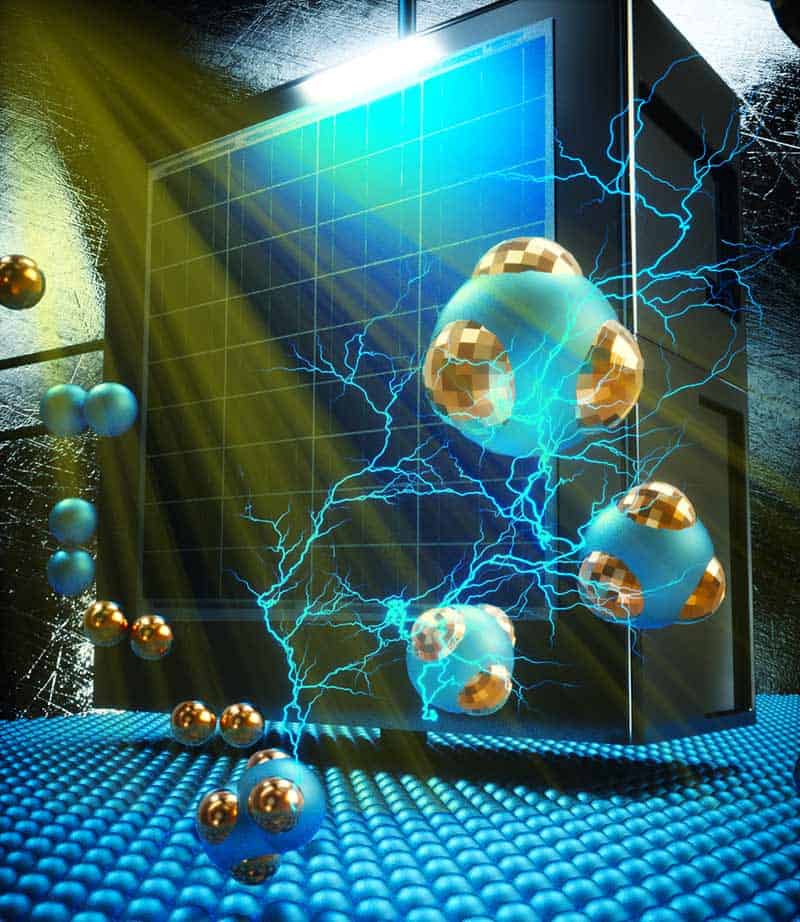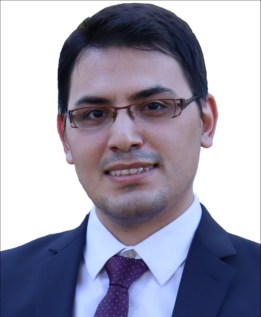Available to watch now, The Electrochemical Society in partnership with BioLogic and Gamry Instruments, explore developing systems using renewable electricity molecules for fuel, energy storers or chemicals
Want to learn more on this subject?

Storing cheap renewable electricity into chemical bonds (such as chemical energy storage) could be a transformative opportunity for long-duration energy storage that can address the intermittency of renewables and balance the mismatch between supply and demand at the grid.
The chemical industry primarily consumes fossil feedstock as an energy source, which has been the standard for more than a century. A paradigm shift is required to move towards a more sustainable route for chemical synthesis by electrifying and decarbonizing the modern chemical industry. As renewable electricity costs continue to decrease, there is a growing interest in fuels and chemical electrosynthesis.
This webinar focuses on developing systems, catalysts, and processes to use renewable electricity as an energetic driving force to produce high-value and high-energy molecules that can be utilized as either fuel, energy storers, and/or chemicals. Also discussed are future directions and strategies to manage the carbon, nitrogen, and water cycles, enabling a circular economy, mitigating waste, and promoting sustainability with positive social and environmental impacts through waste-water treatment and paving the way for nutrient recovery and recycling.
This research aims to develop next-generation sustainable industrial systems and processes that can aid in the transition to a net-zero-emission energy system and in meeting our world’s growing clean energy and water demands.
An interactive Q&A session follows the presentation.
Want to learn more on this subject?

Reza Nazemi is assistant professor in the Department of Mechanical Engineering and the School of Advanced Materials Discovery at Colorado State University (CSU). His group at CSU focuses on designing and developing systems and materials for clean-energy generation and waste-water treatment. In addition, his group leverages advanced spectroscopic and microscopic techniques to gain a mechanistic understanding of photoelectrochemical reactions for sustainable fuel and fertilizer production.
Dr Nazemi earned his PhD from the Woodruff School of Mechanical Engineering at the Georgia Institute of Technology (Georgia Tech) in 2020 followed by a postdoctoral fellowship there in the School of Chemistry and Biochemistry (2020–2021). From 2021–2022, he was a postdoctoral associate in the Department of Chemical and Environmental Engineering at Yale University. Reza’s notable recognition includes the 2022 ECS Colin Garfield Fink Fellowship, 2021 American Chemical Society Physical Chemistry Division Young Investigator Award, and 2018 Amazon Catalyst at ECS award. In 2020, he was the Georgia Tech Technology Innovation: Generating Economic Results Class of 2020 Fellow, and received the Georgia Research Alliance Award and Georgia Tech-Oak Ridge National Lab Seed Grant Award.






